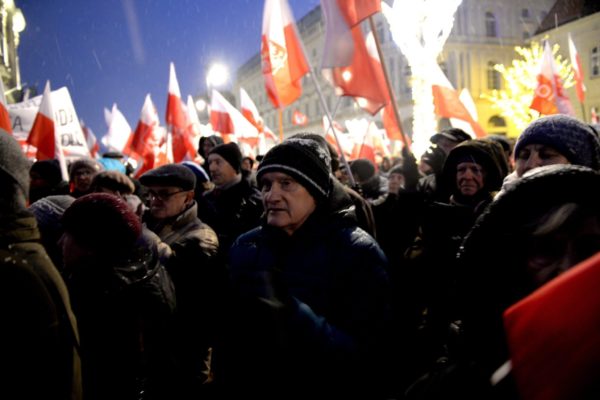
Class Struggle in Brazil: The Neoliberal Coup, an Attack on Workers and the Poor
The neoliberal program includes: a) the drastic reduction of the federal budget, with a direct impact on social welfare, education, public health, and research spending, a.k.a. “the death budget”; b) labor legislation reform, removing or weakening many of the longstanding protections enjoyed by Brazilian workers and, under the guise of creating “flexible” labor relations, undermining the country’s trade-union movement; and c) social security reform, imposing stricter and longer work requirements, which, given the current and past employment structure would make full retirement unattainable for large sectors of Brazil’s working class.





